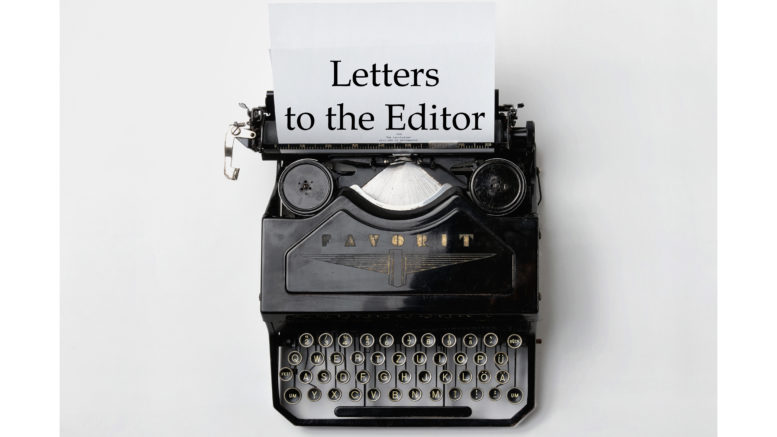Letters to the Editor do not reflect the opinions of The Reporter, its publisher or its staff. You can submit your own Letter to the Editor by email to News@ReadTheReporter.com. Please include your phone number and city of residence. The Reporter will publish one letter per person per week.
Dear Editor:
As an educator and supporter of public schools and teachers, I strongly disagree with Dr. Albright’s notion that making school board elections partisan will serve the best interests of students or communities. While transparency and voter participation are vital, partisanship will only exacerbate divisions, shift focus away from students, and politicize the decisions that should center on education.
Non-partisan school board elections exist precisely to ensure that school boards prioritize education over political agendas. When board members are chosen based on their commitment to students, teachers, and educational excellence, not party affiliation, decisions are more likely to reflect our district needs rather than partisan ideologies. Introducing partisanship would risk creating a polarized environment in which board members feel pressured to adhere to party platforms rather than collaborating to solve problems. This is especially dangerous in education.
Dr. Albright suggests that partisanship will provide transparency and help voters understand candidates’ values. However, reducing candidates to party labels oversimplifies their priorities and qualifications, leaving voters with a narrow and potentially misleading picture. Effective school board members require expertise in education, budgeting, and leadership, not political allegiance. A candidate’s party affiliation does not reveal their understanding of curriculum design or capacity to support teachers. Vision statements and campaign platforms offer more specific insights into a candidate’s priorities than a simple “D” or “R” next to their name ever could.
Moreover, partisanship is not a guarantee of increased voter turnout. Dr. Albright cites North Carolina’s data, but fails to consider that higher turnout in partisan elections often comes with increased divisiveness and voter polarization. This undermines the collaborative spirit essential for school boards to function effectively. Communities benefit more from candidates who listen to diverse perspectives and make decisions grounded in educational research rather than political ideology.
Dr. Albright’s argument assumes that politics are already entrenched in schools, so partisanship will merely formalize an existing reality. This is a flawed premise. While political issues sometimes intersect with education, introducing overt partisanship will amplify these conflicts and shift attention from students to political battles. Schools should be places where students, teachers, and families feel supported, not battlegrounds for ideological disputes.
Special-interest groups and polarizing debates about curriculum, teacher pay, and policies would only intensify under a partisan system. Decisions about what students learn and how teachers are supported should be based on evidence and best practices not party platforms. Public education is about preparing students to think critically, collaborate, and solve problems. To politicize that mission is to jeopardize the future we hope to build for them.
Making school board elections partisan would do a disservice to the students and communities they serve. We must remain focused on supporting educators, empowering students, and fostering environments where collaboration, not partisanship, drives decisions. We need to keep politics off school boards and keep the focus where it belongs-on education.
Brandy Bast
Noblesville


So well said.